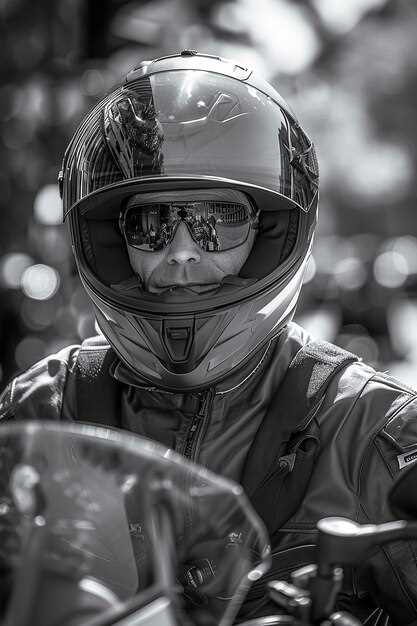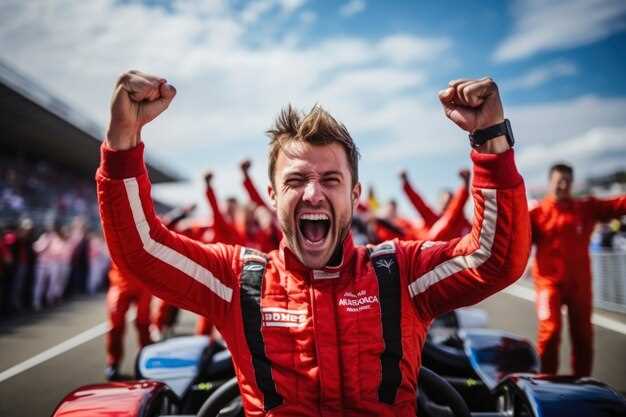Rookie Drivers to Watch in VW Motorsport

As the motorsport world continuously evolves, talented rookie drivers are emerging as the next generation of racing stars. In the competitive arena of VW Motorsport, these upcoming talents showcase exceptional skills and potential, capturing the attention of fans and teams alike. Their fresh perspectives and innovative driving techniques are set to redefine the dynamics of the sport.
Each season, a new crop of rookies enters the championship, armed with ambition and a passion for racing. These drivers not only bring their individual flair to the track but also carry the hopes of teams seeking to build a successful future. As they navigate the challenges of their inaugural seasons, the promising rookie drivers in VW Motorsport are poised to leave an indelible mark on the sport.
With a blend of raw talent, strategic thinking, and the eagerness to learn, these upcoming drivers are stepping into the spotlight, ready to prove themselves against seasoned veterans. Their journey is not solely about results; it is also about growth, resilience, and the pursuit of excellence on the racetrack.
Key Qualities of Successful Rookie Drivers

Successful rookie drivers in VW Motorsport possess a unique blend of qualities that set them apart in a highly competitive environment. One of the most crucial traits is adaptability. Upcoming drivers must quickly adjust to the nuances of different tracks, car setups, and racing conditions. This agility allows them to perform optimally under various circumstances, showcasing their raw talent.
Another essential quality is strong communication skills. Rookie drivers need to articulate their feedback clearly to engineers and team members, ensuring that necessary adjustments can be made to improve performance. This collaboration fosters a supportive environment where talent can truly flourish.
Additionally, a commitment to continuous learning is vital for success. Upcoming drivers must actively seek knowledge and embrace constructive criticism, understanding that improvement is a constant journey. This willingness to grow often separates top-tier athletes from their peers.
Moreover, resilience plays a significant role in a driver’s journey. Racing can be unpredictable, and setbacks are common. Successful rookie drivers demonstrate the mental fortitude to bounce back from disappointments, maintain focus, and continue striving for excellence.
Lastly, a genuine passion for motorsport fuels their dedication. This love for racing motivates upcoming drivers to invest time and effort in honing their skills and pursuing their dreams. Combined, these qualities create a foundation for promising talent to thrive in the world of VW Motorsport.
How to Identify Upcoming Talent in VW Motorsport
Identifying upcoming talent in VW Motorsport involves a combination of observational skills, analytical techniques, and a deep understanding of the sport. The evaluation begins with assessing a driver’s performance in lower-tier racing series. Consistency is key; a driver must demonstrate not only speed but also the ability to compete effectively over multiple races.
Another criterion is the rookie’s adaptability to different car setups and racing conditions. Talented drivers can quickly adjust their strategies based on track characteristics and weather, showcasing versatility that sets them apart. Engaging in multiple disciplines, such as karting and touring car racing, often provides insights into a driver’s skill level and potential.
Further, evaluating a driver’s work ethic and attitude is essential. Promising rookies often exhibit a hunger for improvement, actively seeking feedback and displaying a willingness to learn from their experiences on the track. This dedication can be observed through interactions with their teams and how they respond to challenges.
In addition to on-track performance, scrutinizing a driver’s physical fitness and mental resilience is crucial. Motorsport demands intense concentration and stamina; thus, a driver’s commitment to physical training and psychological preparedness can greatly influence their success.
Lastly, looking at the driver’s background and support system can provide context to their development. Strong mentorship and resources can significantly elevate a rookie’s trajectory within VW Motorsport, highlighting the importance of a well-rounded foundation for nurturing talent.
Training and Development Strategies for Rookie Drivers

Effective training and development strategies are crucial for nurturing the potential of rookie drivers in VW Motorsport. These strategies should focus on enhancing both driving skills and technical understanding. A comprehensive approach encompasses various aspects of training, including physical fitness, mental resilience, and practical driving experience.
A vital component of any rookie driver’s development is a structured training program that emphasizes skill acquisition through simulated environments and real track experience. Utilizing simulators allows newcomers to familiarize themselves with different tracks and racing conditions without the risks associated with on-track sessions. This method aids in refining reaction times and decision-making skills essential for competitive racing.
Mentorship relationships with experienced drivers can significantly benefit rookie talent. By having a mentor guide them through challenges, rookie drivers gain invaluable insights into racecraft, strategy, and vehicle dynamics. This knowledge transfer helps them to understand the nuances of racing that are not immediately apparent to newcomers.
Additionally, regular feedback from coaches and engineers is vital for rookie driver development. Structured debriefing sessions after practice or races enable drivers to analyze their performance critically. Constructive critiques foster a growth mindset, allowing rookie drivers to identify areas for improvement while reinforcing their strengths.
Physical conditioning should not be overlooked, as fitness plays an essential role in a driver’s performance. Developing a fitness regimen tailored for motorsport can enhance endurance, strength, and agility, ensuring that rookie drivers can cope with the physical demands of racing.
Finally, mental training techniques, such as visualization and focus exercises, are important for developing the psychological resilience required in high-pressure situations. Gaining confidence through practice and mental conditioning prepares rookie drivers for the intense competition they will face in their careers.



